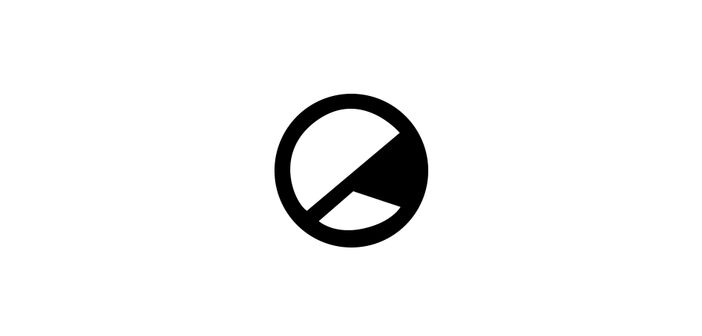At first glance a show titled Crazy Ex-Girlfriend may not seem like the best bet for a subtle exploration of female mental health. Yet, rather than perpetuating the misogynistic stereotypes suggested by its title, this is a show that subtly subverts them in a wholly original way.
Crazy Ex-Girlfriend follows Rebecca Bunch (Rachel Bloom), a successful but unsatisfied New York lawyer, who decides to follow her ex-boyfriend Josh Chan (Vincent Rodriguez III) to West Covina, California in search for happiness. Throughout the show’s first and second seasons our understanding of the extent of the protagonist’s mental illness develops. We learn that her estranged relationship from her father affects her current romantic entanglements. She seeks to find happiness in the approval and adoration of men, particularly Josh Chan. Her illness is diagnosed on-screen, and we see her take medicine and – albeit reluctantly – attend therapy.
Now this may all seem incredibly gloomy, but the Golden Globe-winning show is not a drama, but a musical comedy. The show is laugh-out-loud funny with some impressive period jokes. Indeed, this heightened world of impromptu musical numbers is arguably more suited to portray mental health than a gritty realistic drama. The extreme highs and lows of living with mental health are not monochrome, but vibrant and intense. This accuracy is assisted by the fact the show’s creator, writer and star Rachel Bloom, also suffers from anxiety and depression. In an interview for Vulture in 2015, Bloom describes her humour as lying in “the juxtaposition of extreme lightness – I’m a huge musical-theatre fan – and extreme darkness. And so I really like playing with those because that’s how I feel… I like playing with the light and the dark. But ultimately there’s a bubbliness underneath it.”
The show also satirizes the tendency to romanticize and fetishize mental health issues. Such an approach is exemplified in the musical number ‘Sexy French Depression’, in which the conventions of a French art film is used to portray the reality of lying in bed in sweatpants. The critique is cutting and hilarious and wholly original. It’s originality like this that has earned Crazy Ex-Girlfriend such critical acclaim. Indeed, never before has the consequences of repeatedly telling women romantic love is synonymous with happiness been explored on primetime TV, or has mental health been explored in such an innovative manner. Rachel Bloom has created a wonderfully smart and moving show, successfully reclaiming the phrase ‘crazy ex-girlfriend’ to mean a whole lot more.
Crazy Ex-Girlfriend airs on Netflix, where its first and second series are available to watch now. This article is part of a series recognising Mental Health Week.




